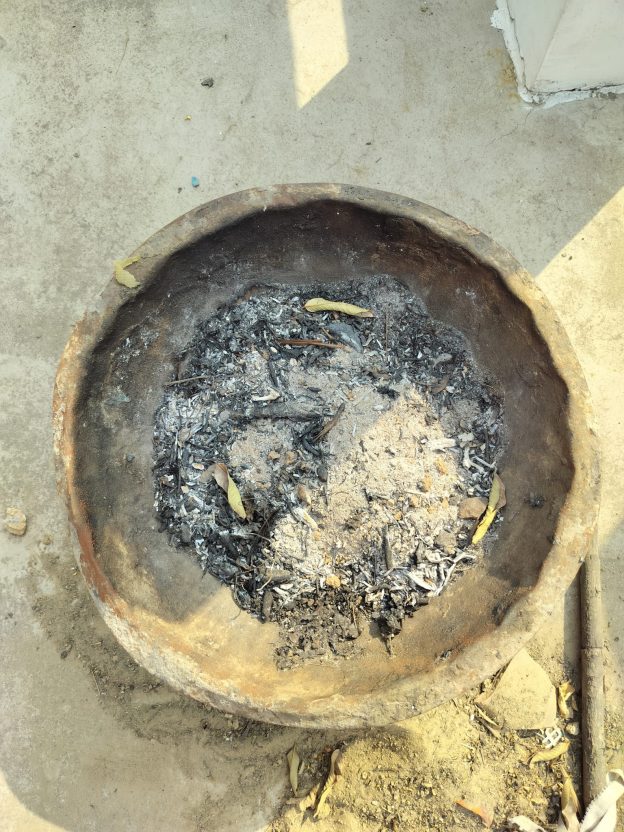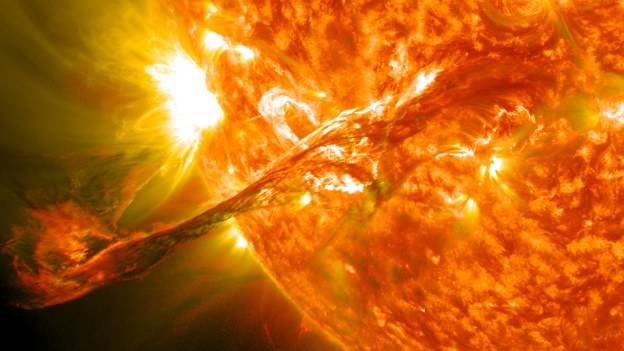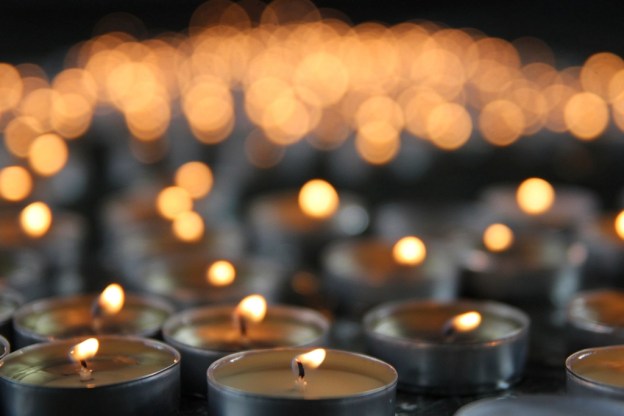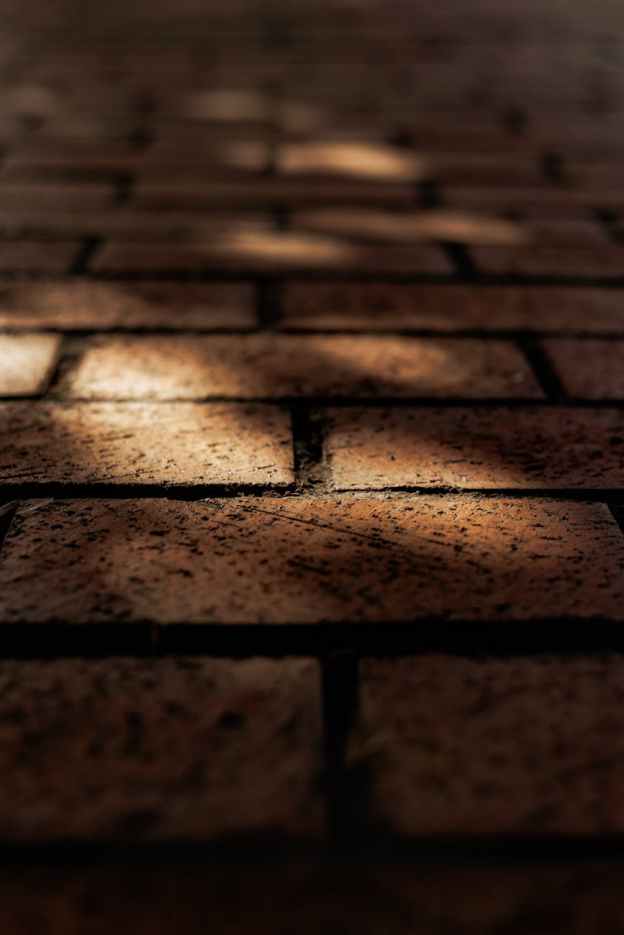Readings
Last week we heard the prophet Micah: “He has told you, O mortal, what is good; and what does the LORD require of you but to do justice, and to love kindness, and to walk humbly with your God?” This week’s reading from Isaiah is working the same question. We might hear it as fleshing out Micah’s answer:
If you remove the yoke from among you,
the pointing of the finger, the speaking of evil,
if you offer your food to the hungry
and satisfy the needs of the afflicted,
then your light shall rise in the darkness
and your gloom be like the noonday. The LORD will guide you continually,
and satisfy your needs in parched places,
and make your bones strong;
and you shall be like a watered garden,
like a spring of water,
whose waters never fail. Your ancient ruins shall be rebuilt;
you shall raise up the foundations of many generations;
you shall be called the repairer of the breach,
the restorer of streets to live in.
Doing justice, loving kindness, walking humbly with God: both about responding to specific needs and reknitting the torn fabric of our culture, recovering our common humanity.
And, like last week’s psalm (Psalm 15), Psalm 112 offers a portrait of those who do justice, and love kindness, and walk humbly with God. But it does something more, and, heading towards today’s Gospel, it’s worth noticing. So please turn to pp.754-755 of the BCP. Both psalms are acrostic, each line ordered—after the initial “Hallelujah”—by the letters of the Hebrew alphabet, running from A to Z, as it were.
Back in Genesis we hear “Let us make humankind in our image, according to our likeness” (1:26); we might hear these two psalms as a meditation on how that plays out.
The divine-human relation is certainly not symmetrical. Both psalms begin with “Hallelujah!” (Not first “Praise Yah” and then “Praise Us.”) The first psalm ends with “the fear of the Lord;” the second begins by declaring “happy” (there’s that word again that we met in last week’s Beatitudes) “they who fear the Lord.”
What is striking is the celebration of image/likeness, in the identical vocabulary (in Hebrew) in vv.3-4:
111:3b and his righteousness endures forever.
112:3b and their righteousness will last forever.
111:4b the Lord is gracious and full of compassion.
112:4b the righteous are merciful and full of compassion.
The celebration continues, taking the differences of scale into account. The Lord is generous (vv.5a, 6b, 9a), as are the righteous (vv.5a, 9a).
Besides the Creator/creature difference, perhaps the most obvious difference is that the Lord is unopposed; the idols of the nations are not worth mentioning. The righteous, on the other hand, live in the midst of the wicked. And here’s where the psalm notices a corollary to the fear of the Lord. The righteous fear the Lord. So they do not fear evil rumors (v.7), they do not “shrink” (v.8, same Hebrew word). A proper fear/reverence of God puts others who demand our fear into perspective.
Today’s Gospel: the middle section of Matthew 5. Last week we heard the first section, the Beatitudes, another fleshing out of Micah’s “to do justice, and to love kindness, and to walk humbly with your God.” The third section, that series of “you have heard…but I say to you,” gets preempted this year by Lent.
So what’s in this middle section?
First, the hearers as salt and light. Salt is an open-ended metaphor, inviting us to meditate on it, and see where that meditation leads. Light, on the other hand, is an image Matthew works with repeatedly. Probably the most important connection would be in Matthew 4, citing Isaiah: “the people who sat in darkness have seen a great light, and for those who sat in the region and shadow of death light has dawned” (4:16). That would be Jesus. Then in today’s reading: “You are the light of the world.”
It’s the same move made in that Isaiah text that begins “The spirit of the Lord GOD is upon me” (61:1) that Jesus reads in the synagogue in Nazareth. By v.3 the text is talking about those whom the speaker has touched:
They will be called oaks of righteousness,
the planting of the LORD, to display his glory.
They shall build up the ancient ruins,
they shall raise up the former devastations;
they shall repair the ruined cities,
the devastations of many generations. (Isa 61:3b-4)
That, as you probably recognize, is the same project our first reading from Isaiah 58 was describing. Parenthetically, it’s easy to focus on Jesus as the light of the world, the generous God of Ps 111, and postpone “you are the light of the world” and Ps 112. In the first we’re the beneficiaries; in the second we’re also the agents. But it’s a package deal.
The Beatitudes: an implicit description of both Jesus as light and Jesus’ followers as light.
The second part of today’s Gospel is the lead-in to the “you have heard…but I say to you” section. Whatever Jesus is doing there, it’s fulfilling, not abolishing the law and the prophets. Since Lent is preempting hearing vv.21-48 this year, a couple general comments:
First, throughout the section we might more usefully translate “you have heard…and I say to you.” Jesus is fulfilling, not abolishing.
Second, Jesus’ words are addressed to us more as a parish than as individuals who happen to be in a parish. So the question they’re repeatedly asking: How do we live together in ways that support hearing and responding to these words?
Third, Jesus ends the section with “Be perfect, therefore, as your heavenly Father is perfect.” That’s not about our being sinless. Recall the Beatitude “Blessed are the merciful, for they will receive mercy.” Jesus recognizes that we’ll always need mercy. And later in the Gospel: “Then Peter came and said to him, ‘Lord, if another member of the church sins against me, how often should I forgive? As many as seven times?’ Jesus said to him, ‘Not seven times, but, I tell you, seventy-seven times’” (18:21-22). What’s the point, then? It’s a replay of Ps 111-112’s insight: imitate this generous God. And we might recall Vince Lombardi: “Gentlemen, we will chase perfection, and we will chase it relentlessly, knowing all the while we can never attain it. But along the way, we shall catch excellence.”
Your ancient ruins shall be rebuilt;
you shall raise up the foundations of many generations;
you shall be called the repairer of the breach,
the restorer of streets to live in.
We need, Jesus tells us, to up our game; this third section (vv. 21-48) provides examples.
Two more things and I’ll close. Paul’s contrast between God’s wisdom and the wisdom of this age maps in interesting ways on Jesus’ words. The wisdom of this age regards the Beatitudes as folly. Ditto Ps 112. This world’s wisdom: happiness consists in imitating the carnivores, the more powerful and brutal the better. That can generate a lot of fear, so Ps 112’s implicit call to nurture our fear/reverence of God as a sort of vaccination remains relevant.
Second, there’s important tension between this week’s “let your light shine before others, so that they may see your good works and give glory to your Father in heaven” and last week’s “Blessed are you when people revile you and persecute you and utter all kinds of evil against you falsely on my account” (5:11). It’s not that the disciples’ different actions are eliciting different responses; it’s that they have little control over the response they’ll receive—as Jesus had little control. His actions were celebrated by the crowds pretty much until Holy Week. John Howard Yoder nails it: “The relationship between the obedience of God’s people and the triumph of God’s cause is not a relationship between cause and effect but one of cross and resurrection.”[1]
How to pull this together? I think Matthew would be happy for us to return to Ps 112:
Hallelujah!
Happy are they who fear the Lord
and have great delight in his commandments!
[1] Cited in Hauerwas, Matthew, p.72.









